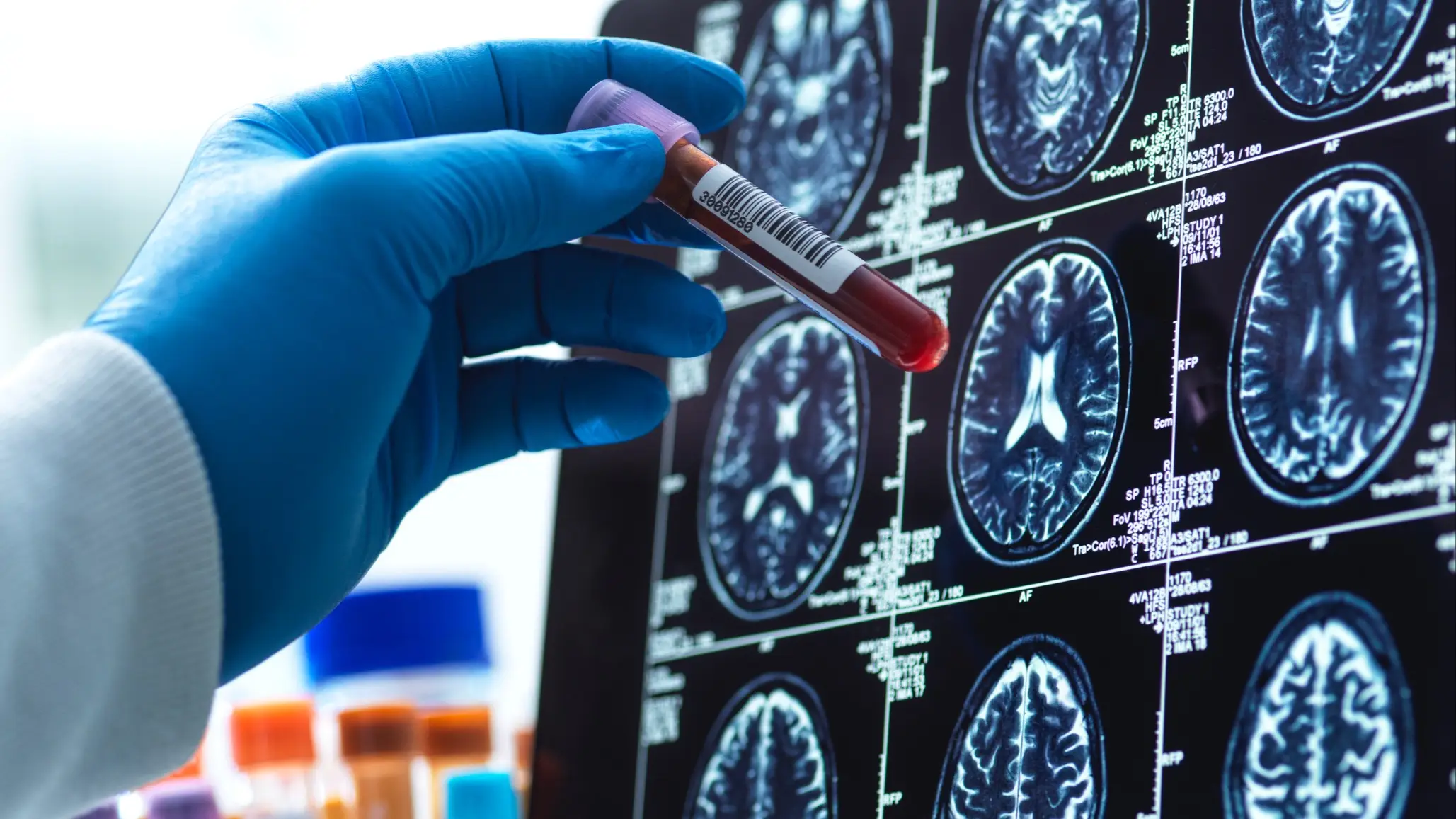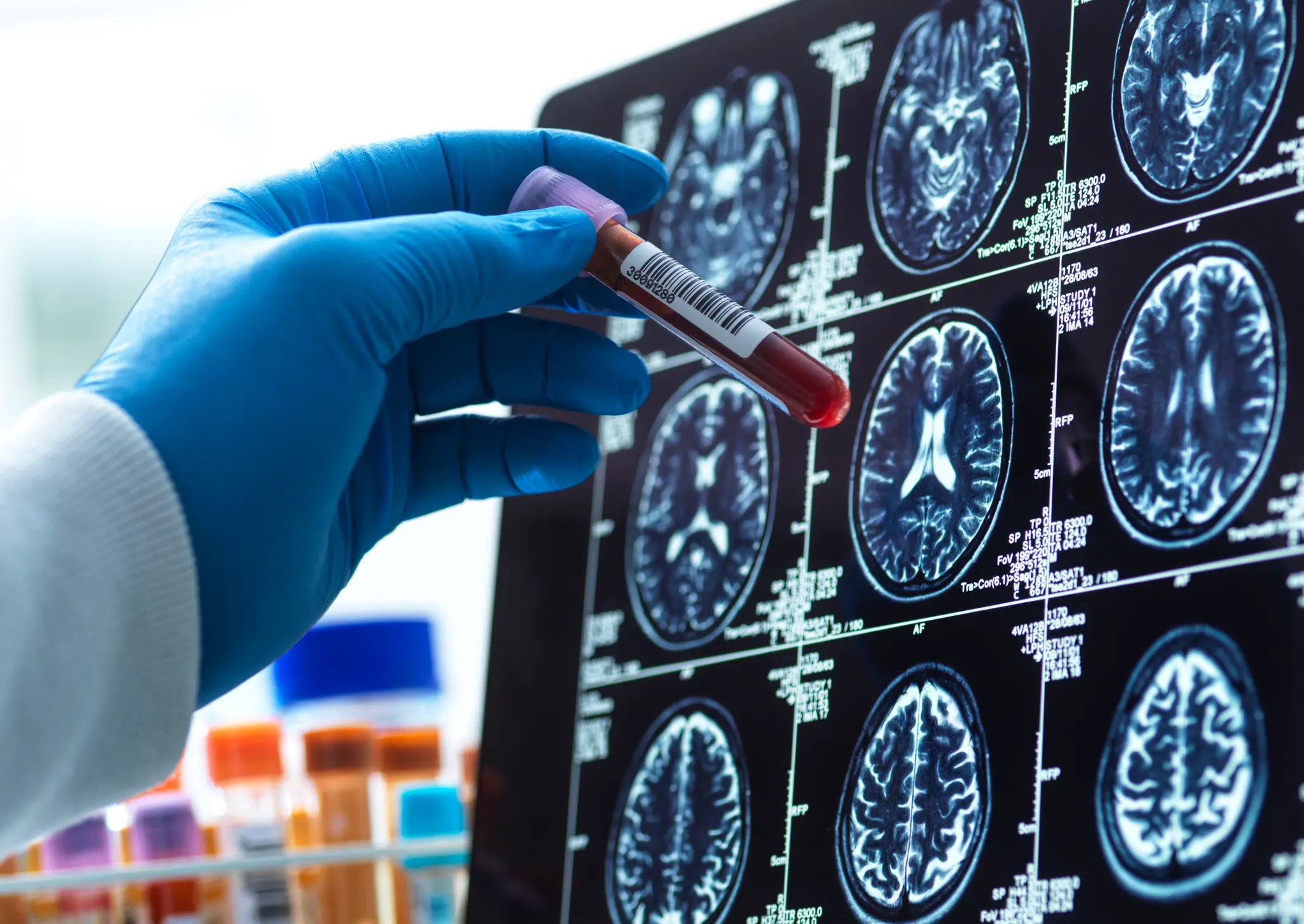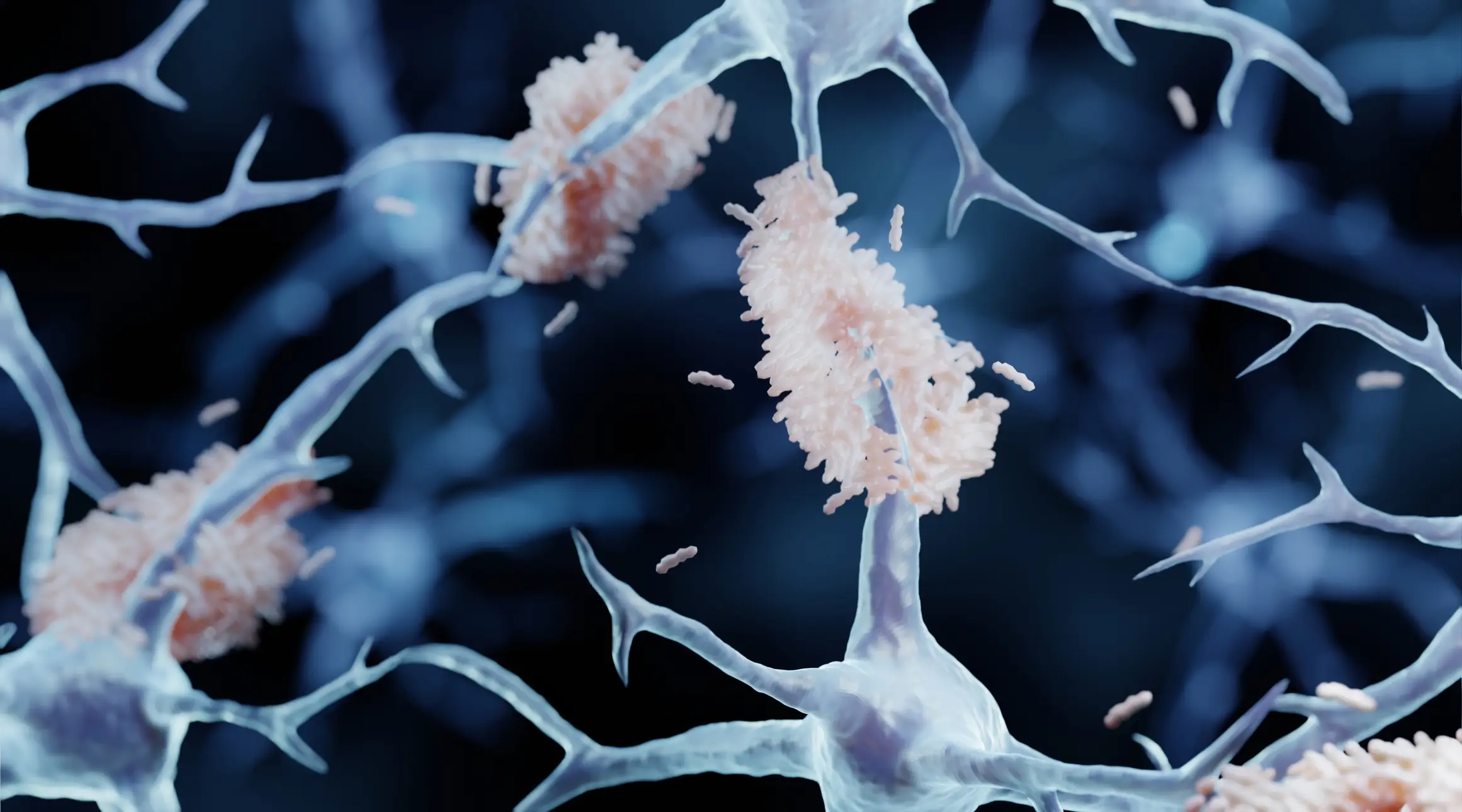
A new study claims that there has been major strides in finding a cure for one of the world's most unforgiving diseases.
Along with the likes of Parkinson's, HIV and certain cancers, Alzheimer's is one of the most deadly, incurable diseases that experts in the medical community are working tirelessly to find an answer to.
According to the NHS, Alzheimer's disease is 'the most common cause of dementia in the UK', with dementia being the name of a group of symptoms linked to a decline of brain functionality, which can affect memory, mental abilities, and thinking skills.
While the exact cause of the condition is still unclear, it occurs when there is a buildup of proteins in the brain that forms plaques and tangles, causing damage to brain cells.
Advert
It's said that an advanced age, family history of the condition, depression, and conditions linked to cardiovascular disease can increase the risk of developing Alzheimer's.

But now, scientists in Spain have claimed that they may be on the road to treating those with Alzheimers, which can often lead to complications that may prove fatal, with a jab.
As part of a study which was published in the journal Signal Transduction and Targeted Therapy, researchers claimed they have reversed the disease in mice with nanoparticles, with the belief that this process can be used for humans one day.
These nanoparticles, which are about 0.25 percent the width of a human hair, are injected into the body and attempt to repair damage to the blood-brain barrier, which is where there are dense cells and blood vessels protecting the brain.
To get technical, it's said that this area deteriorates with Alzheimer's disease, with the build up of toxic waste protein amyloid-beta occurring, which is thought to be the primary cause of the condition.
Speaking to the Daily Mail, study lead and professor Giuseppe Battaglia said: "Our study shows that when we repair and reactivate the blood-brain barrier, the brain’s ability to clear harmful proteins improves, and so does its function."
The scholar, who is based at the Institute for Bioengineering of Catalonia (IBEC) in Barcelona, said the study was 'remarkable', and that humans could benefit in the 'next few years'.
He says the nanoparticles are essentially safe medical-grade plastics, which are also bioactive.
"In Alzheimer’s disease, this (blood-brain) barrier becomes damaged, making it harder for the brain to receive nutrients and clear waste," he explained, adding: "The nanoparticles' job is to help the brain’s protective blood-brain barrier recover its normal function."
They essentially attach to cells and 'remind' them how to function again, allowing the transport of nutrients and cleanup of any toxins.

For the study, mice genetically programmed to produce higher amounts of amyloid-beta were used, as they could develop a cognitive decline comparable to Alzheimer's, so they could target the critical LRP1 protein in the barrier.
This recognises the protein, binding to it, and even transports it into the bloodstream, though it is known that the system can malfunction.
Mice were monitored after being injected with three doses of the nanoparticles, with the team finding that there was a 50 to 60 percent reduction in the amount of amyloid-beta found in their brains.
One of the experiments involved a 12-month-old mouse (equivalent to a 60-year-old human), who recovered completely within 18 months, and displayed the behaviour of a healthy mouse.
The nanoparticles essentially clears amyloid-beta from the brain, restoring the blood-brain barrier's role as a waste-clearing pathway of the brain.
Professor Battaglia added: "The blood-brain barrier functions in a very similar manner in humans and animals, so restoring it could bring significant benefits.
"The next step is to complete detailed safety and toxicology studies to ensure the treatment is ready for clinical use.
"If those go as expected, early-stage human trials could begin within the next few years, opening the door to a completely new way of treating Alzheimer’s disease by repairing the brain’s own defense system," he concluded.